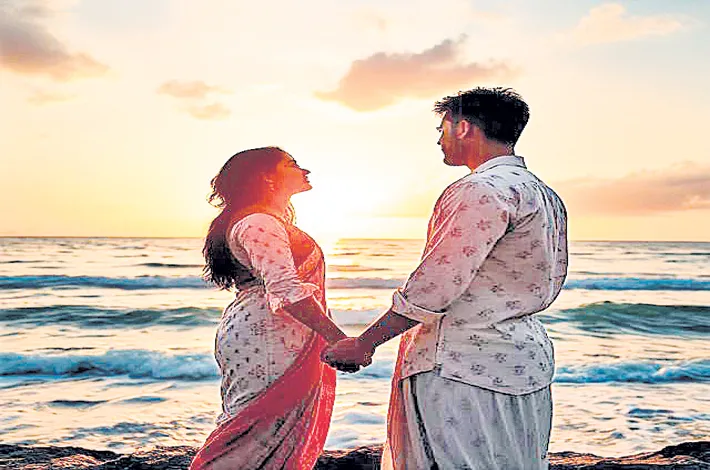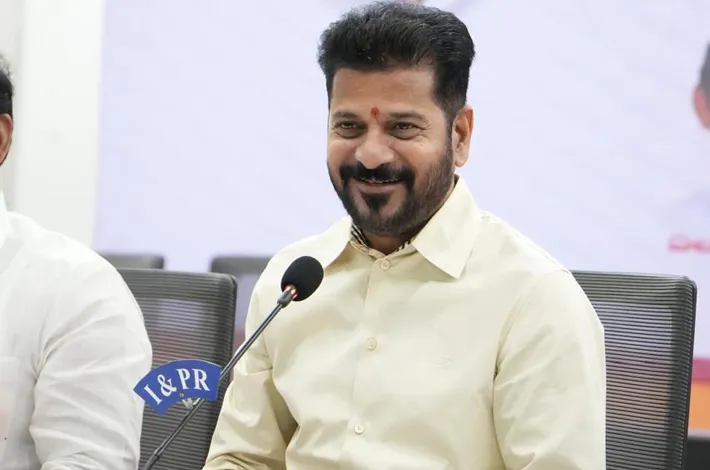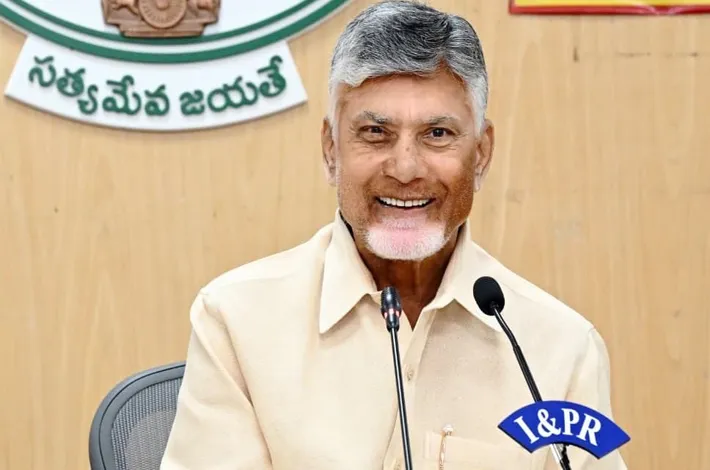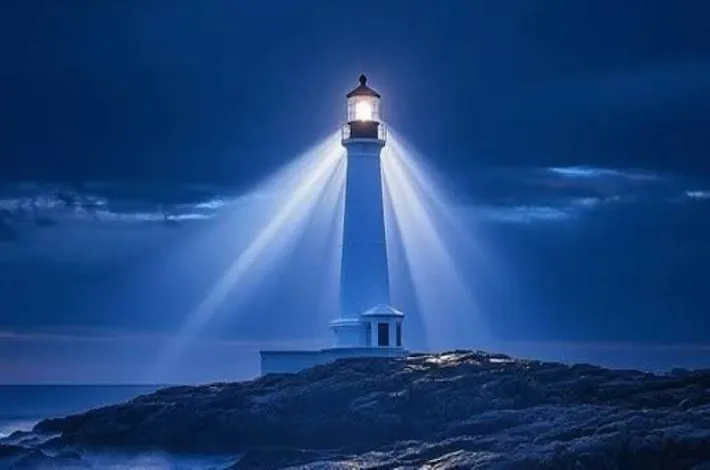Sunrise Over the Sangam
16-05-2025 12:00:00 AM

On their last evening, as the sky darkened and the first stars appeared, Vikram took her to a quiet spot by the shore. He handed her a small canvas, a painting of the sunrise they’d seen on their first morning. In it, a lone figure stood at the edge of the sea—her, unmistakable, her dupatta a streak of color against the dawn
The sea at Kanyakumari roared with a restless energy, its waves crashing against the rocky shore where the Arabian Sea, the Bay of Bengal, and the Indian Ocean converged. The early morning sky was streaked with hues of pink and gold, promising a sunrise that would set the horizon ablaze.
Anjali stood at the edge of the viewing platform, her dupatta fluttering in the salty breeze, her eyes fixed on the point where the waters met. She had come to this southernmost tip of India to escape the noise of her life in Chennai—her demanding job, her overbearing family, the weight of expectations. But Kanyakumari, with its ceaseless waves and endless skies, had a way of making her feel both insignificant and infinite.
She wasn’t alone for long. A young man, his hair tousled by the wind, leaned against the railing a few feet away, sketching furiously in a worn notebook. His name was Vikram, though she wouldn’t learn it until later. He was a painter from Madurai, chasing inspiration across Tamil Nadu’s coastlines. His eyes, sharp and curious, darted between the horizon and his sketch, capturing the fleeting moment when the sun would breach the sea.
Anjali noticed him first because of the way his pencil moved—deliberate, almost reverent. She stole glances, intrigued by the intensity in his furrowed brow. When a gust of wind tore a page from his notebook, sending it skittering across the platform, she acted on impulse, chasing it down before it could vanish into the sea. She caught it just in time, smoothing the crumpled sheet to reveal a half-finished sketch of the sunrise, the lines bold yet delicate, like the dawn itself.
“Thank you,” Vikram said, jogging over, his voice warm with relief. His eyes met hers, and for a moment, the world seemed to pause—the waves quieter, the wind softer. “That’s a piece of my soul you just saved.”
Anjali laughed, handing him the page. “It’s beautiful. You’re an artist?”
“Trying to be,” he said with a shy grin. “I’m Vikram. And you are…?”
“Anjali,” she replied, suddenly aware of the warmth in her cheeks. “Just here to… figure things out.”
They fell into conversation easily, as if the sea had conspired to bring them together. Vikram spoke of his travels, of painting fishermen’s boats in Rameswaram and temple spires in Madurai. Anjali shared snippets of her life—her job as a software engineer, the pressure to marry, the longing for something more. They walked along the shore, past the Vivekananda Rock Memorial, their voices mingling with the cries of gulls and the rhythm of the waves.
By the time the sun was fully up, painting the sky in fiery oranges, they had wandered to the Thiruvalluvar Statue, its towering presence a quiet witness to their budding connection. Vikram offered to buy her chai from a nearby stall, and they sat on a low wall, cups warming their hands. He showed her more of his sketches—vivid impressions of Tamil Nadu’s landscapes, each one alive with emotion. She told him about her secret love for poetry, reciting a few lines of Subramania Bharati under her breath, embarrassed but emboldened by his encouraging nod.
“You should write more,” he said, his eyes earnest. “Your words—they have the same light as this place.”
Anjali blushed, unused to such unguarded praise. “Maybe I will. If I find the courage.”
That evening, they watched the sunset from the beach, the sky now a tapestry of purples and reds. Vikram pointed out the subtle shifts in color, explaining how he’d mix paints to capture them. Anjali listened, captivated not just by his knowledge but by the way he saw the world—vibrant, alive, full of possibility. When their hands brushed as they walked, neither pulled away.
They spent the next two days together, exploring Kanyakumari’s nooks and crannies. They visited the Bhagavathy Amman Temple, where Anjali prayed for clarity and Vikram, unbeknownst to her, wished for time to stand still. They shared dosas at a roadside eatery, laughing when chutney dripped onto her chin. They stood at the sangam, the confluence of the three seas, and made playful promises to return someday, together.
On their last evening, as the sky darkened and the first stars appeared, Vikram took her to a quiet spot by the shore. He handed her a small canvas, a painting of the sunrise they’d seen on their first morning. In it, a lone figure stood at the edge of the sea—her, unmistakable, her dupatta a streak of color against the dawn.
“I painted this for you,” he said softly. “So you’ll remember this place. And maybe… me.”
Anjali’s heart swelled, her eyes stinging with unshed tears. “I don’t need a painting to remember you, Vikram.”
He stepped closer, his hand finding hers. “Then let’s make sure we don’t need paintings or poems to keep this alive. Come back here with me, Anjali. Next year, same sunrise.”
She nodded, her throat tight with emotion. “Next year.”
They parted the next morning, Anjali boarding a train back to Chennai, Vikram to Madurai. The distance felt like a wound, but their phone calls and messages kept the spark alive. Anjali began writing poetry again, her words infused with the colors of Kanyakumari’s dawn. Vikram sent her sketches, each one a love letter in lines and hues.
A year later, they stood together at the sangam, watching the sunrise once more. The sea roared, the sky blazed, and their hands were clasped tightly, no longer strangers but partners in a story just beginning. Kanyakumari, with its eternal convergence of waters, had given them more than a meeting place—it had given them a promise, sealed in salt and sunlight








